
- Best Crypto ExchangesAlgorithmic Trading PlatformsNo KYC ExchangesArbitrage BotsAuto DCAAutomated TradingBinary OptionsCentralized ExchangesContract TradingCopy TradingCrypto Index TradingCrypto-to-Fiat ExchangesCrypto BrokersDay TradingDecentralized ExchangesDemo Trading AccountsDerivative ExchangesDual Investment TradingBeginner ExchangesFutures TradingGrid TradingHybrid ExchangesLending PlatformsLeverage TradingLiquidity PoolsLive TradingLowest Fees ExchangesMargin TradingMarket Making ExchangesOptions TradingP2P Crypto ExchangesPayPal Supported ExchangesPerpetual Futures TradingRecurring BuysSafest ExchangesSavings AccountsShorting ExchangesStaking Rewards ExchangesSwap ExchangesSwap PlatformsTokenized Stocks TradingZero Fee TradingCrypto OTCInsitutional TradingBitcoin OTCBitcoin OTC GuidesBitcoin Trading BotsCrypto AppsCrypto Trading AppsCrypto Trading PlatformsAutralian Crypto Trading PlatformsExchanges for BitcoinPlaces to buy CryptoUSA Bitcoin ExchangesBitcoin Trading StrategiesTradingDEX Best PracticesDeFi Best PracticesDEX OverviewDEX Tutorials
- Best Crypto WalletsSelf-Custodial WalletsCustodial WalletsHardware WalletsMulti-Sig WalletsMobile WalletsDesktop WalletsBrowser Extension WalletsLightning WalletsDeFi Bitcoin WalletsPaper WalletsBitcoin WalletsSecure Bitcoin WalletsEthereum WalletsSolana WalletsPolkadot WalletsBNB WalletsLitecoin WalletsRipple WalletsCardano WalletsAvalanche WalletsTezos WalletsNFT WalletsDeFi WalletsStaking WalletsTrading WalletsGaming WalletsPrivacy WalletsHODL WalletsRemittance WalletsEnterprise WalletsMultichain WalletsWallet ServicesWallet Backup OptionsSecure WalletsWallet Security TipsWallet Setup GuideWallet Downloads
- Best Crypto & Bitcoin CasinosBitcoin CasinoAltcoin CasinosCard CasinosCrypto CasinosETH CasinosGuides: CasinosGuides: Blackjack StrategyGuides: How to Play BlackjackGuides: How to Play PokerGuides: How to Play RouletteGuides: Poker StrategyGuides: Roulette StrategyTop CasinosBingoCasino BotsNo KYCArbitrum CasinosAvalanche CasinosBaccaratBase CasinosBNB CasinosBCH CasinosBitcoin CasinosBlackjackCasino BonusesCardano CasinosCluster PlaysCosmic Jackpot GamesCrapsCrashDAI CasinosDecentralized CasinosDeFi CasinosDiceDiscord CasinosDogecoin CasinosDrops and WinsEgyptian SlotsETH BonusesETH Live DealerETH No Deposit BonusesETH RouletteETH SlotsFree SpinsGalactic Slot MachinesGame ShowsHigh RollersHigh Volatility CasinosHorror Casino GamesInstant WithdrawalJackpotKenoLitecoin CasinosLive DealerMetaMask CasinosMetaverse CasinosMinesMinimum Deposit CasinosMultiplayer CasinosNewest CasinosNFT CasinosNo Deposit BonusesNorse Mythology SlotsTrump CasinosOptimisim CasinosPirate SlotsPolygon CasinosPrivacy-Focused CasinosProgressive JackpotProvably FairRespinsRouletteScatter PaysScratch CardsShiba Inu CasinosSic-BoSlotsSocial CasinosSolana CasinosStablecoin CasinosSweepstakes CasinosTON CasinosToshi CasinosTreasure Hunt SlotsTRX CasinosUSDC CasinosTether CasinosVerse CasinosVideo PokerViking Casino GamesVIPWheelRipple CasinosPachinkoLotteryMeme CasinosMobile CasinosOnline CasinosPlinkoPokerGuides: Poker FAQGuides: Poker LegalityGuides: Poker PromotionsGuides: Poker Room ReviewsGuides: Poker TournamentsTable GamesTelegram CasinosWeb3 CasinosMegaways SlotsBook of SlotsPlay Along with CryptoDaily ContestsWeekly RafflesBuy Extra Ball GamesHold and Win Slots
- Best Bitcoin SportsbooksFootballAmerican FootballNo KYCAustralian Open TennisBadmintonBaseballBasketballBetting ExchangesBonusesBoxingBundesligaChessCollege BasketballCricketICC ChampionsIndian Premier LeagueCyclingDartsEnglish Premier LeagueEsportsCall of DutyCSGODOTA-2FIFALOLStarcraftValorantWorld of WarcraftFIFA World CupIce Hockey BettingNHL Entry Draft 2025Ice Hockey World Championship 2025Formula 1French Open TennisGrand Slam TennisGreyhound RacingHandballHockeyHorse RacingKentucky DerbyLa LigaLive BettingMarch MadnessMMAMotorsportsNascarNBA DraftNFL DraftOlympicsPGAPoliticsPolitics (Trump)Politics (Kamala)US PoliticsRugbySerie ASnookerStock Car RacingSuper BowlTable TennisUFCUFC Fight NightUp vs DownUS Open TennisVolleyballWimbledonWinter SportsGolfSoccerTennis
What is Bitcoin?
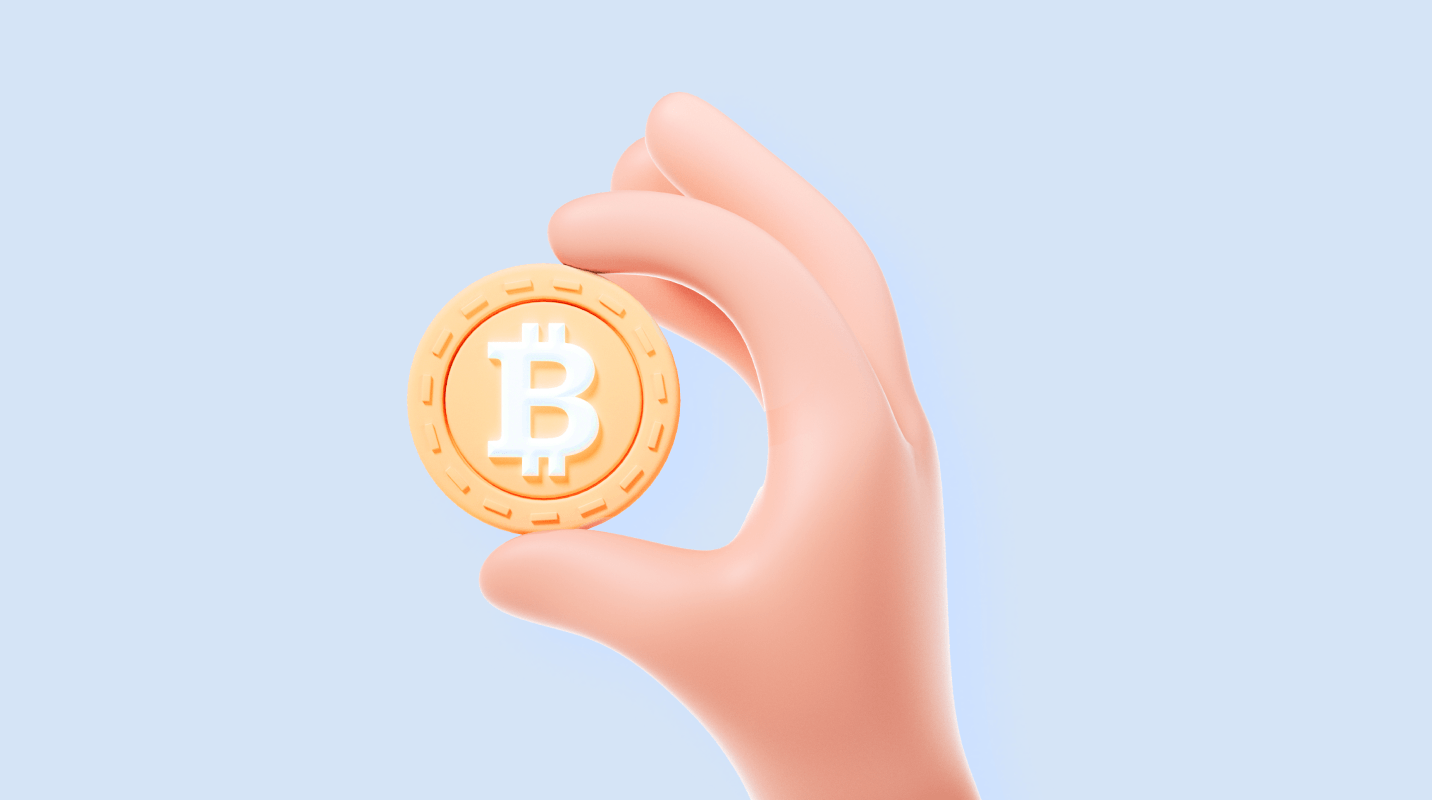
Table of Contents
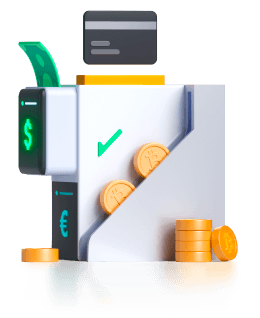
Related guides
Start from here →

How do I buy bitcoin?
Learn how to get your first bitcoin in minutes.


How do I sell bitcoin?
Learn how to sell bitcoin into local currency safely.
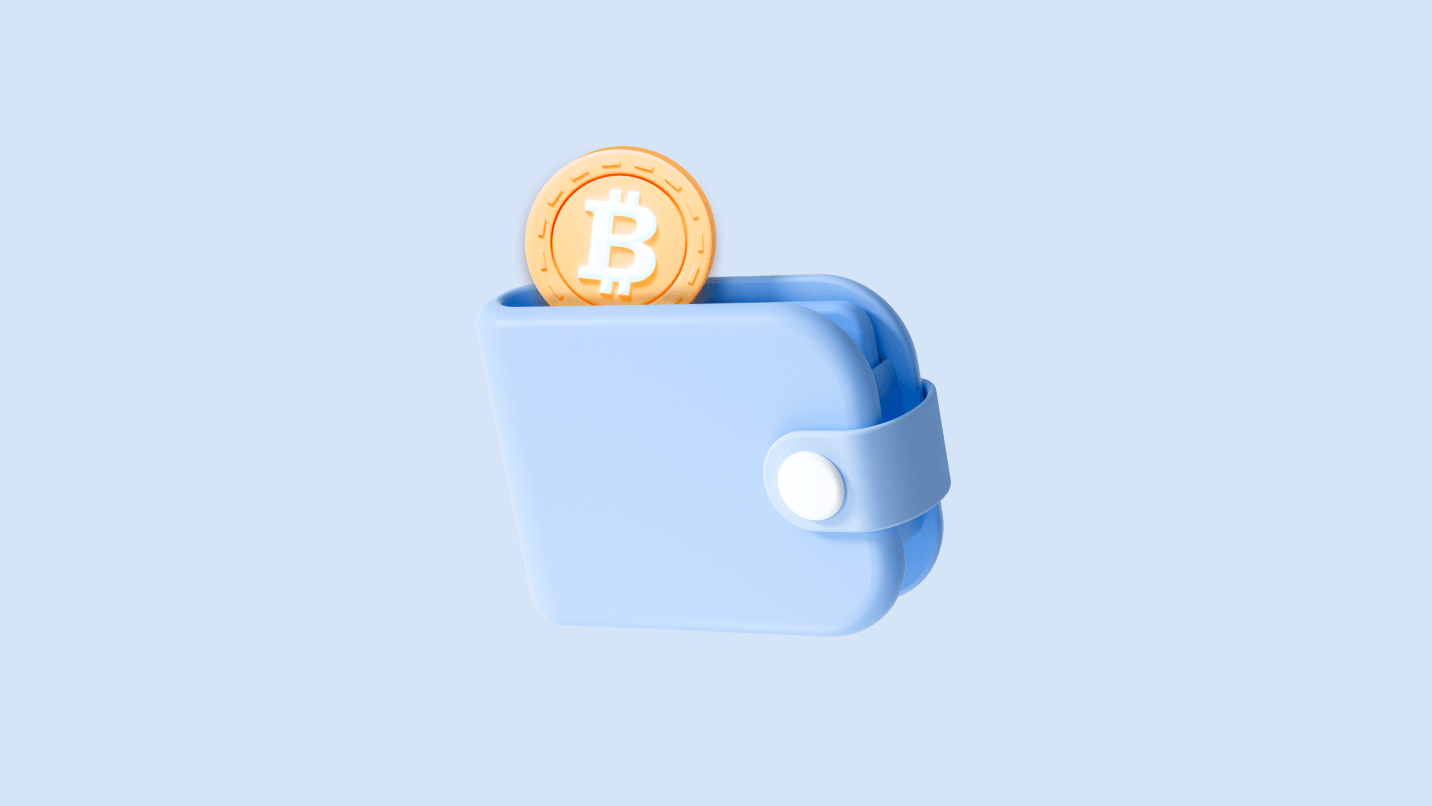
What is a Bitcoin wallet?
Learn about this essential tool for sending, receiving, and storing your bitcoin; how it works, and how to use it safely.
Read this article →
What is a Bitcoin wallet?
Learn about this essential tool for sending, receiving, and storing your bitcoin; how it works, and how to use it safely.

How do I create a Bitcoin wallet?
Learn how to quickly and easily create a Bitcoin wallet. Understand the different wallet types and their respective pros & cons.
Read this article →
How do I create a Bitcoin wallet?
Learn how to quickly and easily create a Bitcoin wallet. Understand the different wallet types and their respective pros & cons.

How to choose the best Bitcoin wallet
From security to fee customization options, these are the key factors to consider when choosing a Bitcoin wallet.
Read this article →
How to choose the best Bitcoin wallet
From security to fee customization options, these are the key factors to consider when choosing a Bitcoin wallet.

How do I send bitcoin?
Sending bitcoin is as easy as choosing the amount to send and deciding where it goes. Read the article for more details.
Read this article →
How do I send bitcoin?
Sending bitcoin is as easy as choosing the amount to send and deciding where it goes. Read the article for more details.

How do I receive bitcoin?
To receive bitcoin, simply provide the sender with your Bitcoin address, which you can find in your Bitcoin wallet. Read this article for more details.
Read this article →
How do I receive bitcoin?
To receive bitcoin, simply provide the sender with your Bitcoin address, which you can find in your Bitcoin wallet. Read this article for more details.
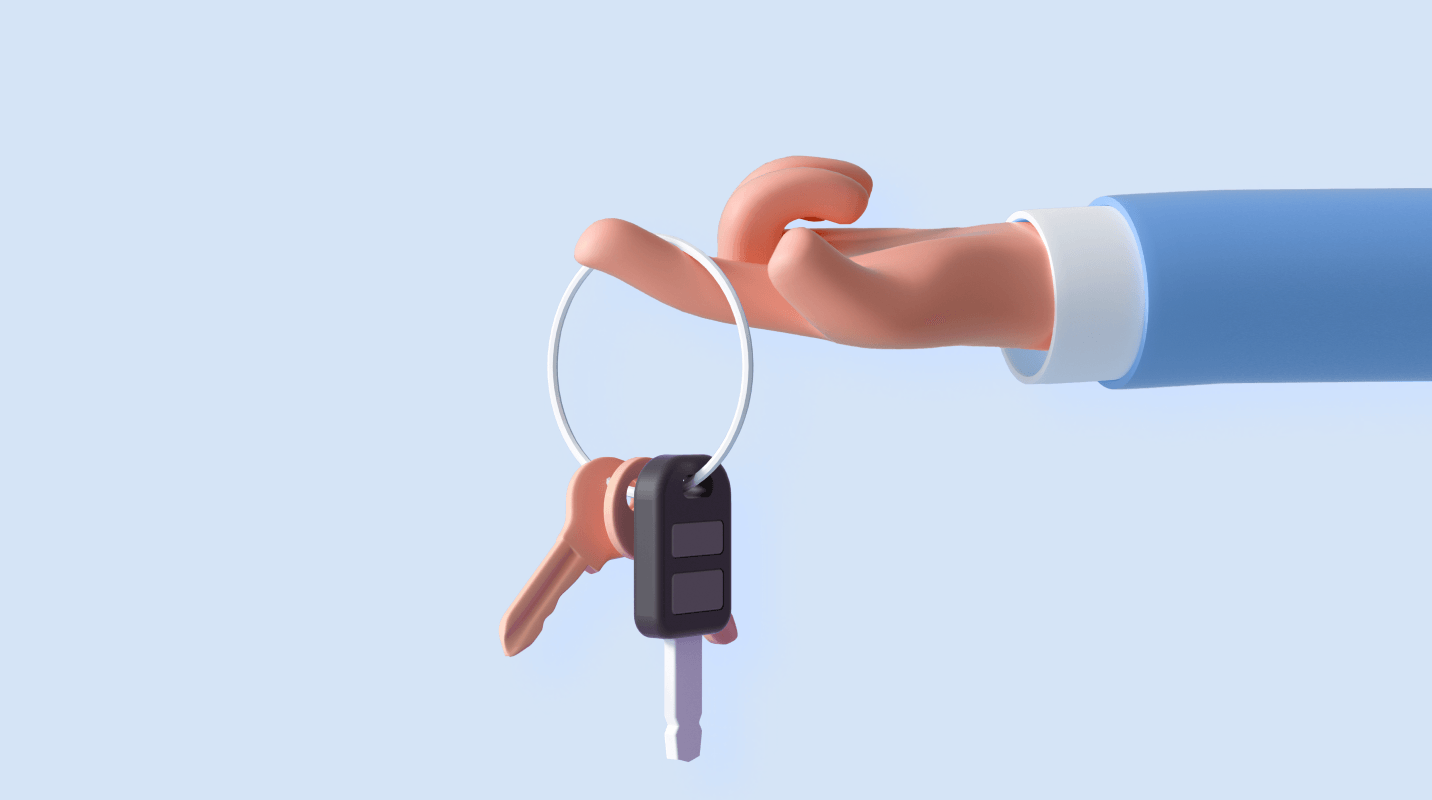
What's a 'self-custodial' wallet?
Understand how the self-custodial model puts you in charge of your cryptoassets and protects you from third-party risk.
Read this article →
What's a 'self-custodial' wallet?
Understand how the self-custodial model puts you in charge of your cryptoassets and protects you from third-party risk.
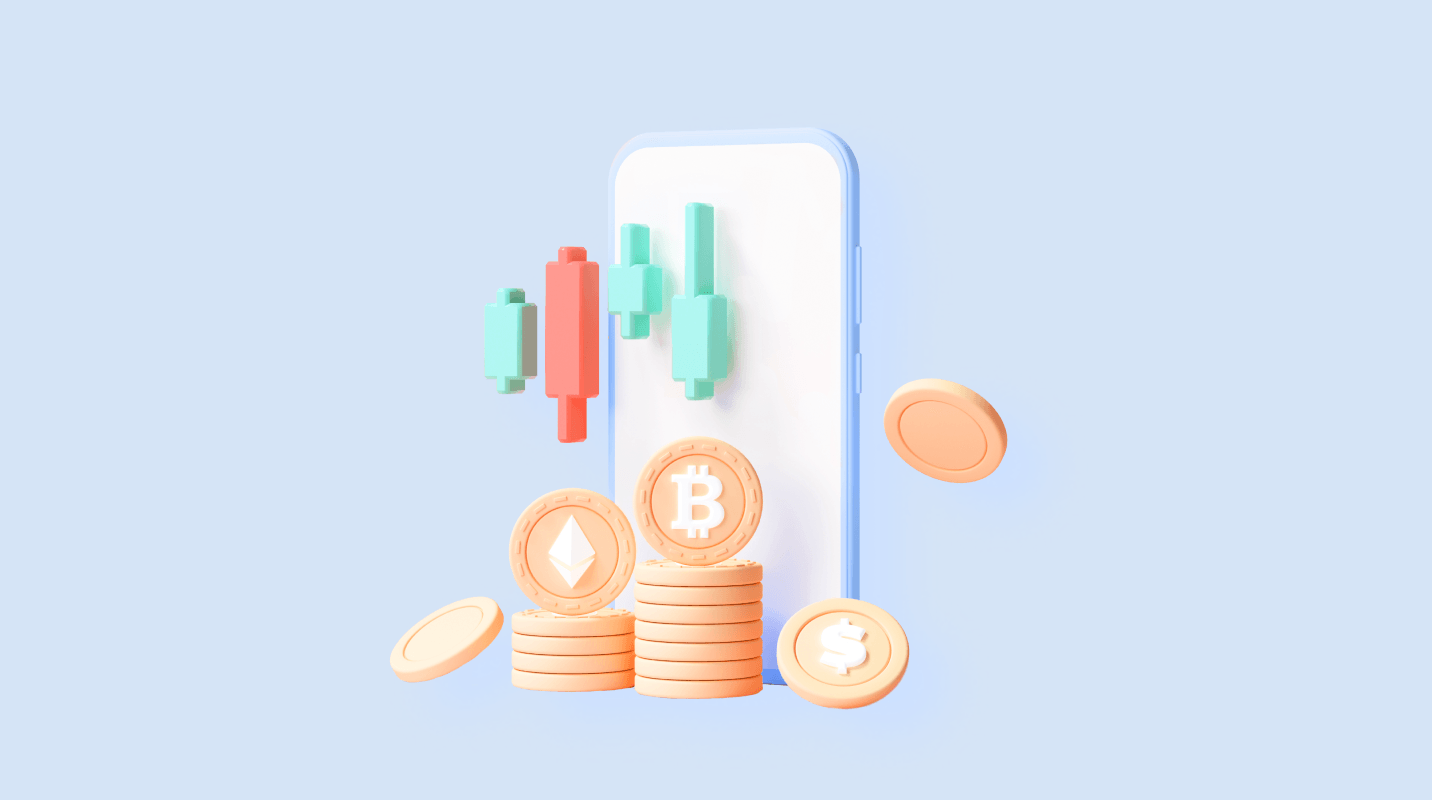
How does bitcoin exchange work?
How safe is it to store your crypto on centralized exchanges?
Read this article →
How does bitcoin exchange work?
How safe is it to store your crypto on centralized exchanges?

How to backup and restore a crypto wallet
Make sure to backup your crypto wallets. Find out why you should, and how.
Read this article →
How to backup and restore a crypto wallet
Make sure to backup your crypto wallets. Find out why you should, and how.

How to avoid Bitcoin and other crypto fraud
From phishing scams to fake Bitcoin exchanges, here's your guide to identifying and avoiding Bitcoin-related fraud.
Read this article →
How to avoid Bitcoin and other crypto fraud
From phishing scams to fake Bitcoin exchanges, here's your guide to identifying and avoiding Bitcoin-related fraud.

How do bitcoin transactions work?
Understand how the Bitcoin public blockchain tracks ownership over time. Get clarity on key terms like public & private keys, transaction inputs & outputs, confirmation times, and more.
Read this article →
How do bitcoin transactions work?
Understand how the Bitcoin public blockchain tracks ownership over time. Get clarity on key terms like public & private keys, transaction inputs & outputs, confirmation times, and more.
Bitcoin.com in your inbox
A weekly rundown of the news that matters, plus educational resources and updates on products & services that support economic freedom
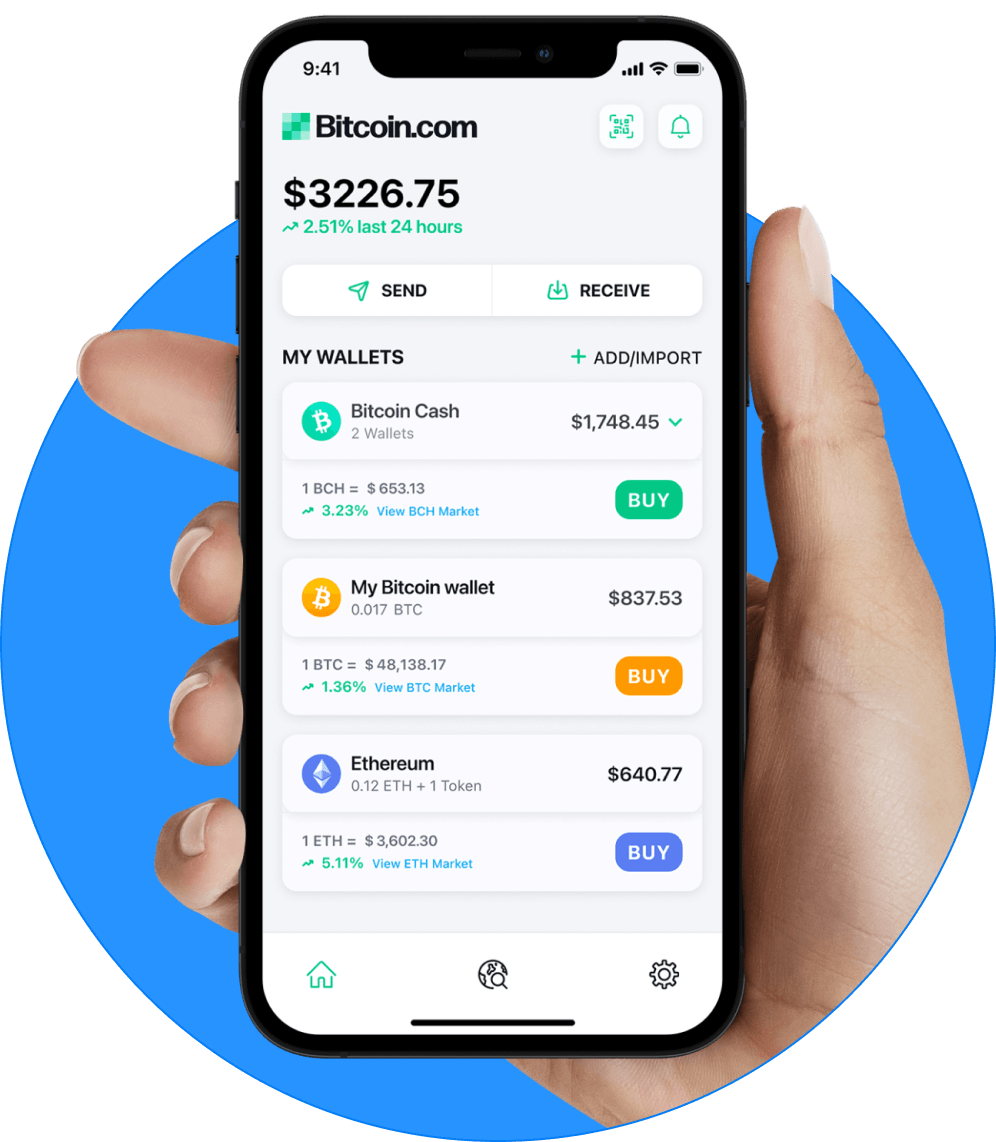
Start investing safely with the Bitcoin.com Wallet
Everything you need to buy, sell, trade, and invest your Bitcoin and cryptocurrency securely
